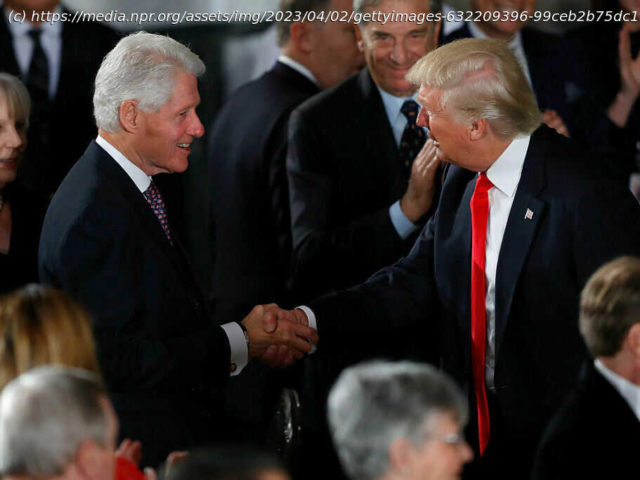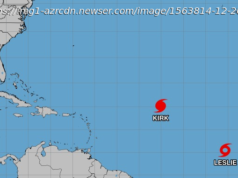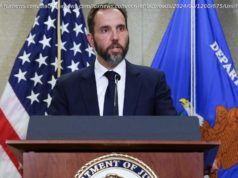Array
If you live in America today, the one historical fact you are most likely to have heard is that former President Trump is the first U.S. president ever to face criminal charges.
What is not as well-known is how many previous presidents came close – or might have come close — to confrontation with the U.S. criminal justice system.
Unique as he is in many ways, Trump is not the first president to gaze out the White House windows and wonder if one day he might wake up behind bars.
We have had one president who was named as an “unindicted co-conspirator” by a federal grand jury in a breathtakingly wide conspiracy case that sent some of Washington’s biggest names to jail.
That happened in 1974 and the president was Republican Richard Nixon, the centerpiece figure in the scandal known as Watergate. Nixon was also the one president who felt it necessary to tell a televised news conference: “I am not a crook.”
Watergate involved burglaries, illegal wiretaps and other crimes committed by operatives for Nixon’s 1972 re-election campaign. There had been months of concerted White House efforts to cover up those crimes.
Forty federal officials were indicted or jailed in the case, including Nixon’s chief of staff, White House attorney, chief domestic adviser and attorney general. All had carried out orders that, directly or indirectly, originated with Nixon himself.
On the brink of impeachment in August 1974, Nixon resigned. An indictment might well have followed, but in September he received a blanket pardon from his successor, Gerald Ford. Nixon had chosen Ford when the previous vice president, Spiro Agnew, resigned in 1973 over corruption charges of his own.
Ford’s popularity plummeted after the pardon and he lost his bid for a term in the White House in his own right in 1976. There has never been any proof that Ford agreed to the pardon before Nixon’s resignation.
Nixon’s shield becomes Trump’s
But why did that grand jury name Nixon an “unindicted co-conspirator”? Because an opinion from the Justice Department’s Office of Legal Counsel in 1973 had said a sitting president could not not be indicted.
Some, including former U.S. Solicitor General Walter Dellinger, have argued that the OLC prohibition on indicting the president dealt “mainly with the question of whether a president can be put on trial.” Dellinger was head of the OLC from 1993 to 1996.
Nonetheless, the 1973 OLC opinion was treated as policy in the Justice Department in 2019, when independent counsel Robert Mueller was reporting on links between Trump’s 2016 presidential campaign and Russian interference in that year’s election.
Mueller did not find such links, but his report did cite several instances of what some legal authorities considered obstruction of justice. That idea was flatly dismissed by William Barr, who was the Trump’s attorney general at the time, who treated the Mueller report as an exoneration (over Mueller’s objections).
Some Democrats in the House read Mueller’s report as a “road map” to impeachment. But House Speaker Nancy Pelosi did not support calls for impeachment at that time.
Home
United States
USA — mix Past presidents, while never indicted, have faced legal woes of their own






